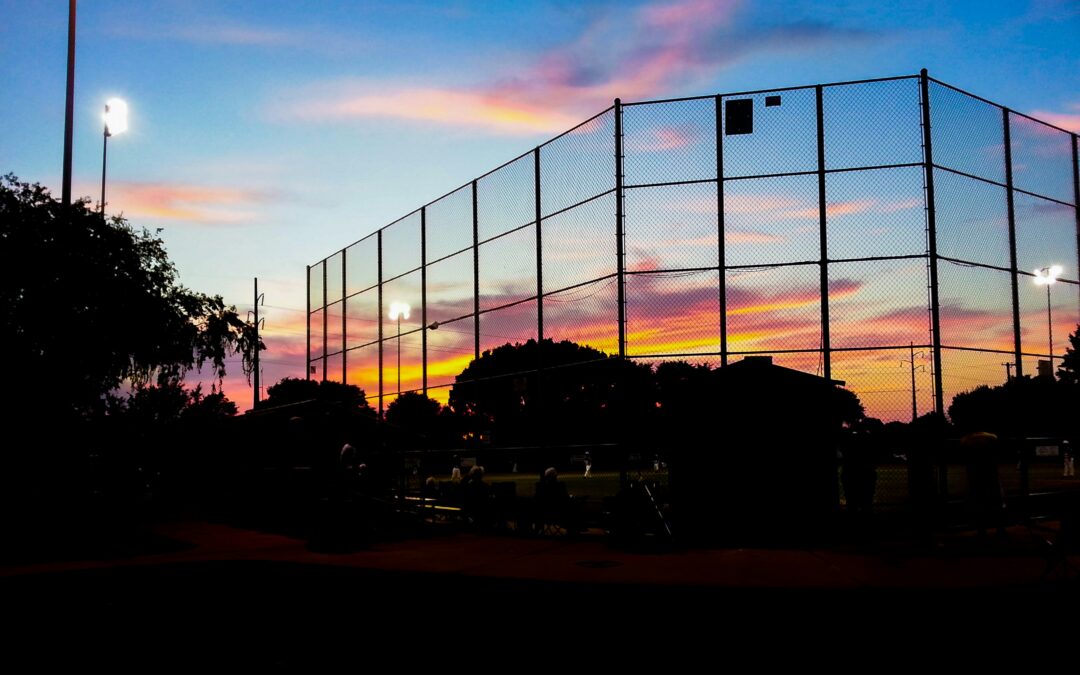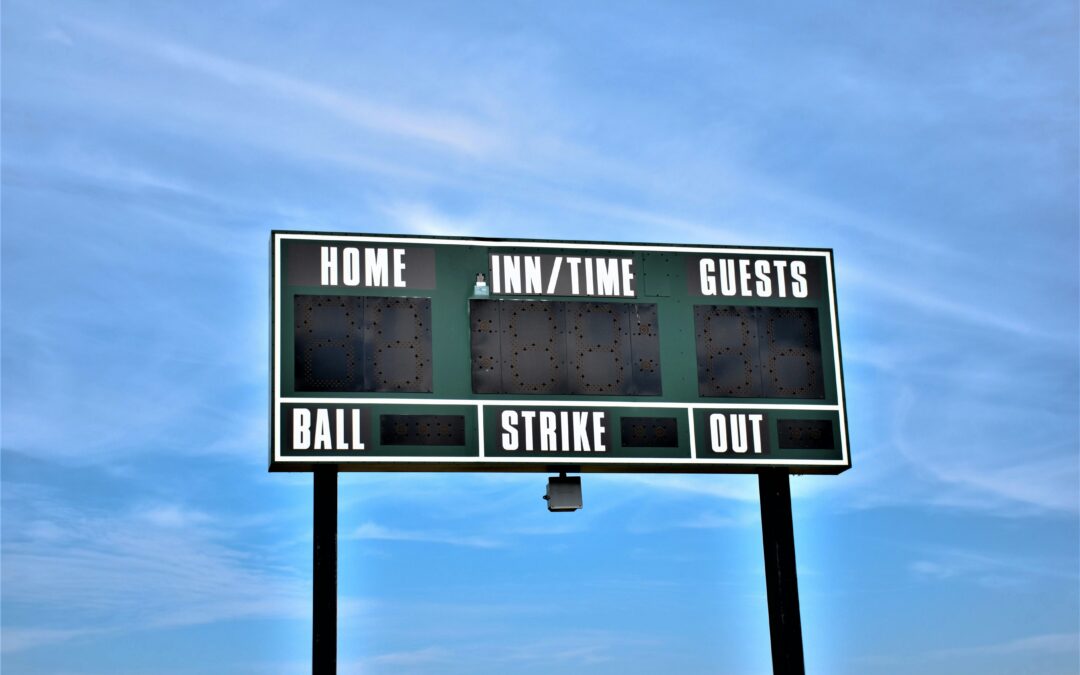New Canadian wildfire smoke has impacted the midwest, including Wisconsin, Michigan, Minnesota, and even as far south as the Chicago area. According to the Wisconsin Department of Natural Resources, the entire state is under an Air Quality Advisory for Monday. Throughout the year, Canadian fire teams have battled almost 13 million acres of affected land. Currently, there are about “400 large active fires” currently being battled.
The smoke has traveled south and elevated the levels of fine particle matter in the air to an unhealthy amount. The result of these conditions may be headaches, coughing, dry eyes and throats, and shortness of breath when outside. Those with asthma or heart diseases, the elderly, and children may be particularly susceptible to the health risks. Further, skies have a noticeably grey haze, which impacts visibility.
The Canadian wildfire problem has been an increasing issue for Wisconsinites over the last few years. Since the smoke carries various toxins, longterm exposure may lead to longterm cardiovascular and respiratory issues. The annual tradition of hazy, smoke filled skies is a bad sign of how prevalent this issue may be.
Recently, members of Congress have sent a letter to the Canadian Ambassador, Kirsten Hillman, addressing they fires. Among the Congressmen were two Wisconsinites, Tom Tiffany and Glenn Grothman. They asked officials to explain what their plan was to help prevent the fires and their subsequent smoke from impacting the health and wellness of American communities.
The letter stated that:
“With all the technology that we have at our disposal, both in preventing and fighting wildfires, this worrisome trend can be reversed if proper action is taken.
Our constituents have been limited in their ability to go outside and safely breathe due to the dangerous air quality the wildfire smoke has created. In our neck of the woods, summer months are the best time of the year to spend time outdoors recreating, enjoying time with family, and creating new memories, but this wildfire smoke makes it difficult to do all those things.”
The Canadian response has not been clear. As teams in Manitoba, just north of Wisconsin and Minnesota, battle the fires, they have declared a state of emergency within the region. If trends persist, this may be the second worst year for Canadian wildfires.










